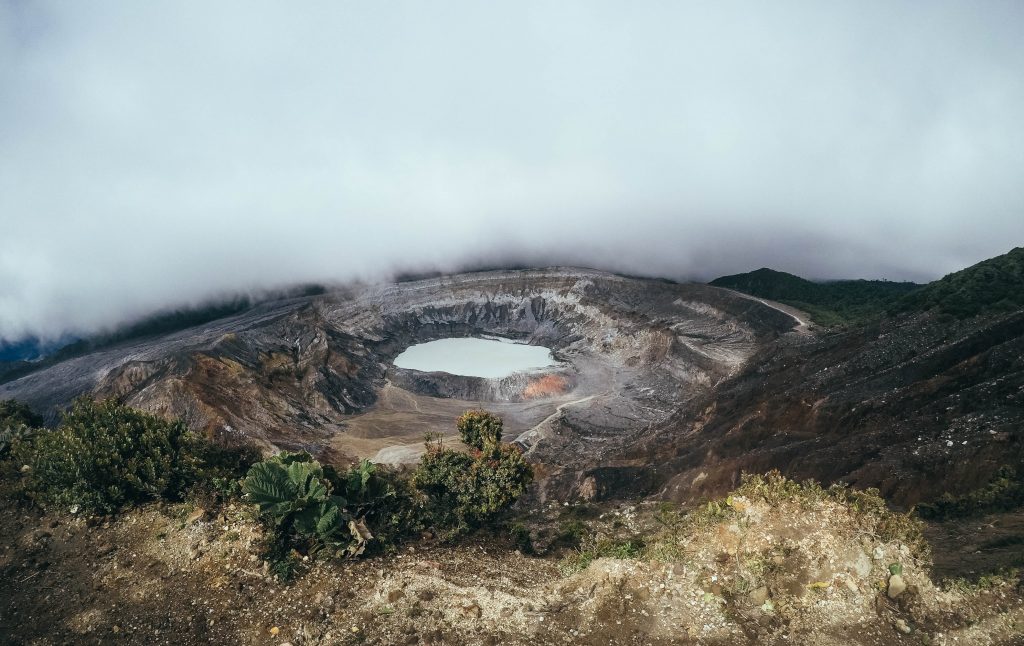Click here to sign up for 10% off your first order. | Shipping: US$ 12.5 for orders up to US$ 100, US$ 18 for orders over US$ 100, duties & taxes prepaid. | Delivered in 7 working days from Hong Kong.
Click here to sign up for 10% off your first order. | Delivered in 5 working days from Hong Kong.
Click here to sign up for 10% off your first order. | Shipping: US$ 12.5 for orders up to US$ 100, US$ 18 for orders over US$ 100, duties & taxes prepaid. | Delivered in 6 working days from Hong Kong.
Click here to sign up for 10% off your first order. | Shipping: US$ 12.5 for orders up to US$ 100, US$ 18 for orders over US$ 100, duties & taxes prepaid. | Delivered in 7 working days from Hong Kong.
Click here to sign up for 10% off your first order. | Delivered in 5 working days from Hong Kong.
Click here to sign up for 10% off your first order. | Free Shipping for all orders over US$ 50.00, duties & taxes prepaid.|Delivered in 5 working days from Hong Kong.
Click here to sign up for 10% off your first order. | Delivered in 5 working days from Hong Kong.
Click here to sign up for 10% off your first order. | Delivered in 6 working days from Hong Kong.
香港 / 澳門顧客,pacsafe.hk 幫到你 | Hong Kong / Macau customers, click here for pacsafe.hk
Asia Pacific | Shipping to Australia, Japan, Malaysia, New Zealand, Philippines, Singapore, South Korea and Taiwan. For other shipping destinations, click here for more information.
Click here to sign up for 10% off your first order. | Shipping: US$ 12.5 for orders up to US$ 100, US$ 18 for orders over US$ 100, duties & taxes prepaid. | Delivered in 7 working days from Hong Kong.
Click here to sign up for 10% off your first order. | Delivered in 5 working days from Hong Kong.
Click here to sign up for 10% off your first order. | Shipping: US$ 12.5 for orders up to US$ 100, US$ 18 for orders over US$ 100, duties & taxes prepaid. | Delivered in 6 working days from Hong Kong.
Click here to sign up for 10% off your first order. | Shipping: US$ 12.5 for orders up to US$ 100, US$ 18 for orders over US$ 100, duties & taxes prepaid. | Delivered in 7 working days from Hong Kong.
Click here to sign up for 10% off your first order. | Delivered in 5 working days from Hong Kong.
Click here to sign up for 10% off your first order. | Free Shipping for all orders over US$ 50.00, duties & taxes prepaid.|Delivered in 5 working days from Hong Kong.
Click here to sign up for 10% off your first order. | Delivered in 5 working days from Hong Kong.
Click here to sign up for 10% off your first order. | Delivered in 6 working days from Hong Kong.
香港 / 澳門顧客,pacsafe.hk 幫到你 | Hong Kong / Macau customers, click here for pacsafe.hk
Asia Pacific | Shipping to Australia, Japan, Malaysia, New Zealand, Philippines, Singapore, South Korea and Taiwan. For other shipping destinations, click here for more information.


















